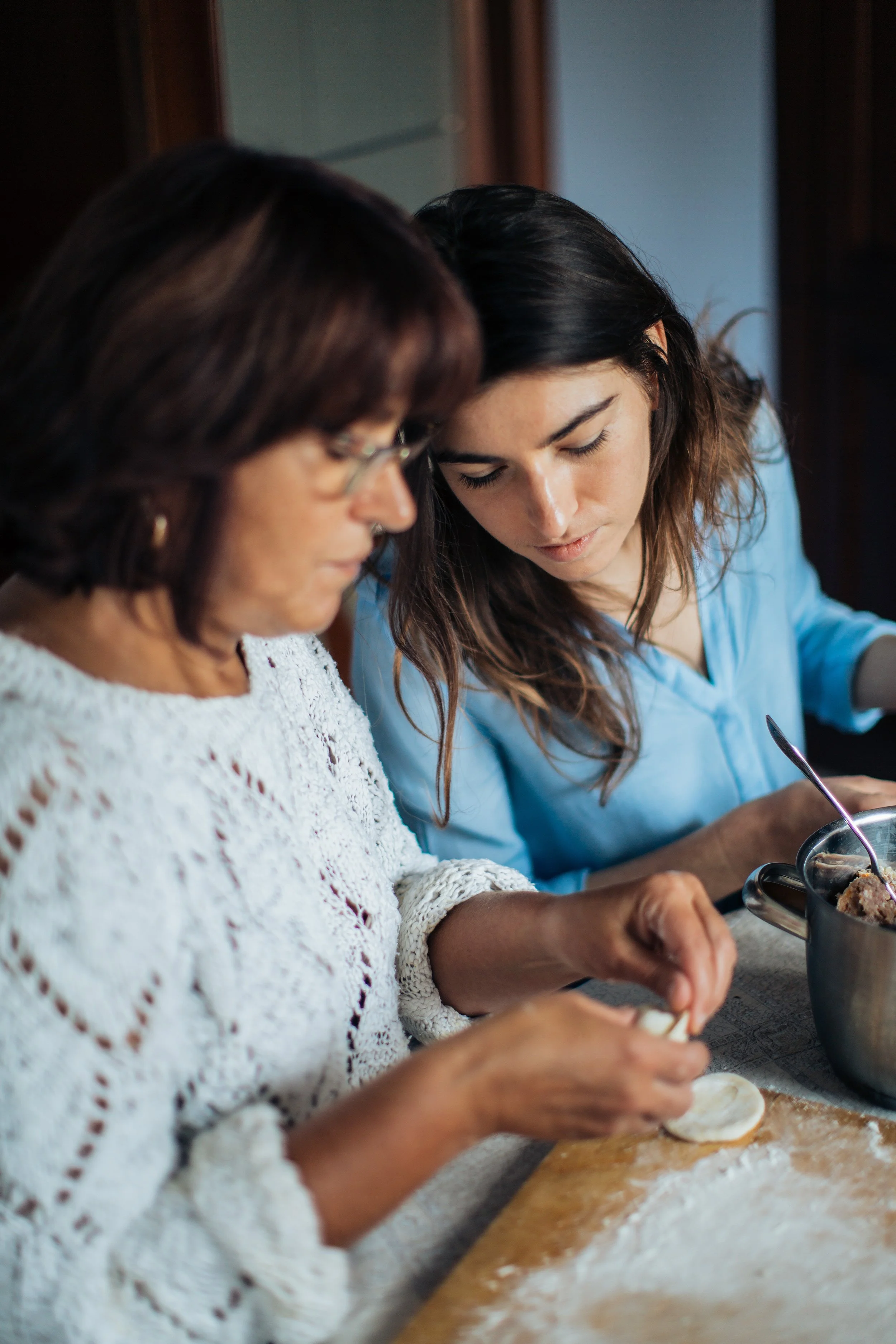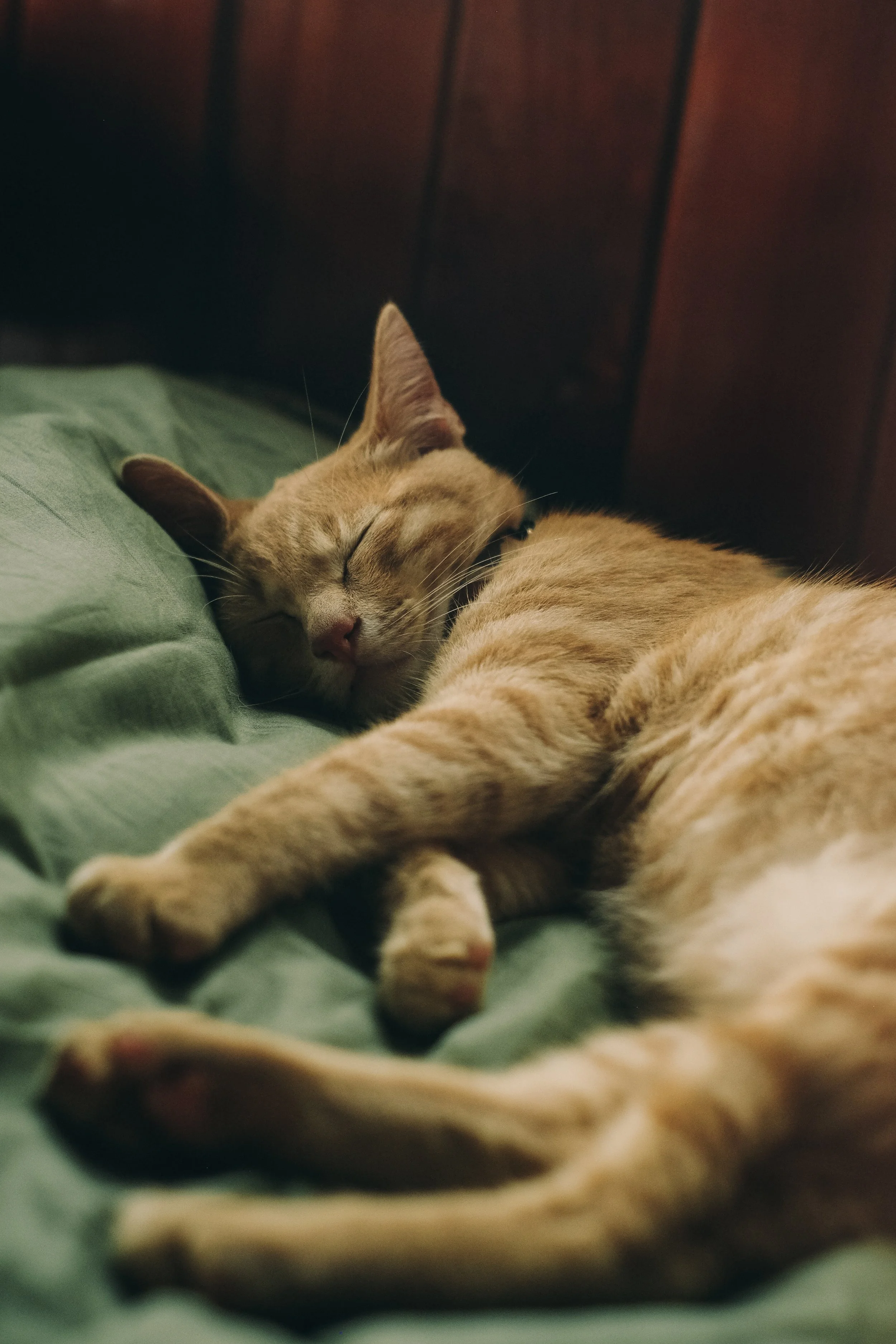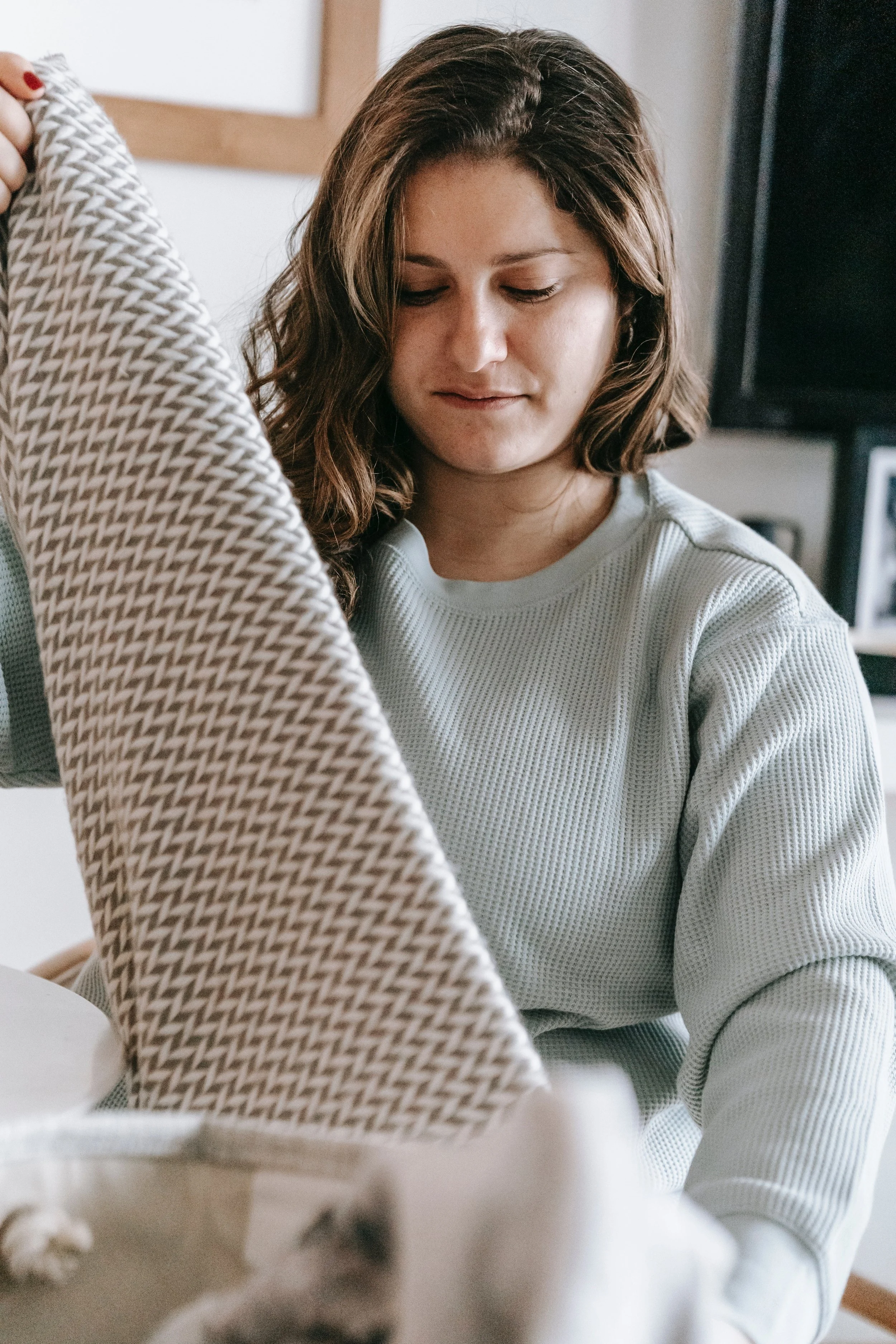What is occupational therapy?
Occupational therapists (OTs) help clients (individuals, families, and communities) across the lifespan do what they need and want to do through functional participation in meaningful activities, or occupations, in their natural environments/contexts.
When working with clients with mental health conditions, OTs use habits, roles, activities and daily routine modifications to support use of action-oriented coping skills. The focus is on increasing wellness and participation in valued activities, as well as on reducing symptoms. In your work with Mollie, we will acknowledge emotions and explore their origin to a more limited extent than in therapy with a psychologist or social worker, as occupational therapy is more action and goal oriented. OTs are less oriented towards “fixing” mental health conditions – rather the focus will be on learning ways to live the life the way you want to, and experience psychological wellbeing in the ways that you define it. That said, I am also experienced in coordinating care with prescribers to maximize symptom reduction along with increased function.
Occupational therapy treats function in any aspect of life. In working together, we may touch on any or all of the areas below:
-

Activities of Daily Living
Activities of Daily Living, or ADLs, involve the basic self-care you do daily, such as eating, dressing, and hygiene.
-

Instrumental ADLs
IADLs are activities that support daily life such as cooking, cleaning, shopping, and running errands.
-

Work
Work is whatever you consider productive activity. This may be paid employment, volunteer work, caregiving, or housekeeping.
-

Socializing
The pandemic and social media have changed how people socialize. Adding mental health symptoms to that can make establishing and maintaining social connections hard.
-

Sleep and Rest
Sleep is the essential foundation of mental and physical help. In addition to sleep, we each need periods of rest in our routines.
-

Education and Learning
Whether or not you are a student, accessing new skills and knowledge is essential to wellness.
-

Play and Leisure
What do you do just because you enjoy it? Leisure gets harder when we don’t feel well, but can be essential to healing,
-

Health Management
Learning and using coping skills, managing medications, finding movement activities you enjoy, and eating nourishing food are all components of health management.



